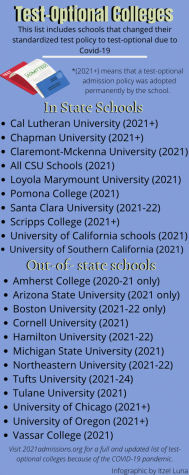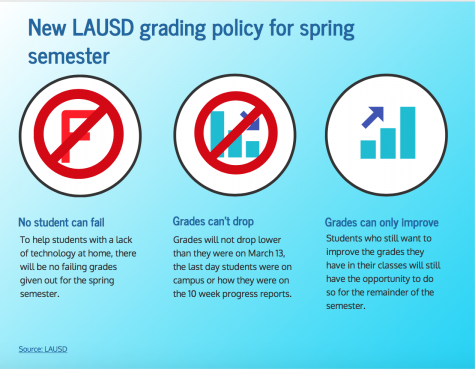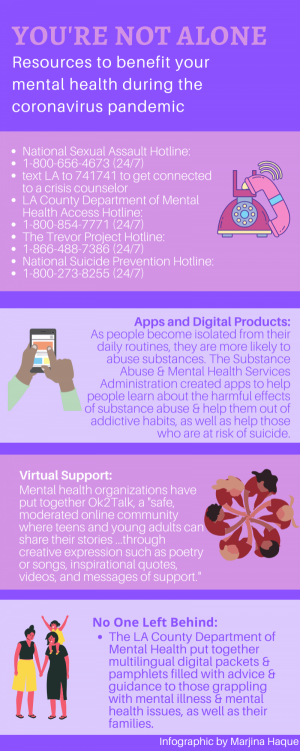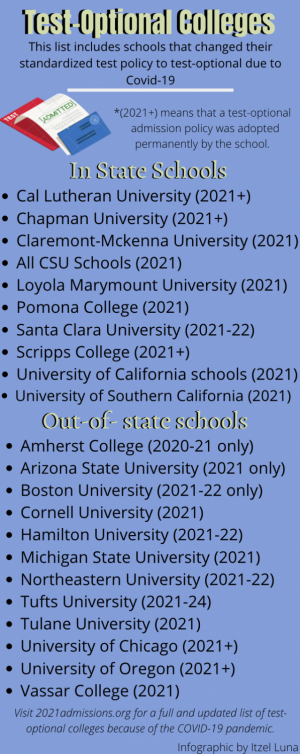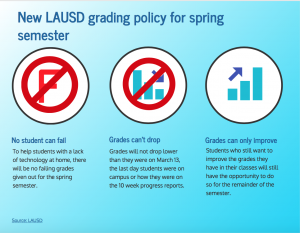Coronavirus reshapes the 2020 election through mail-in ballots
May 18, 2020
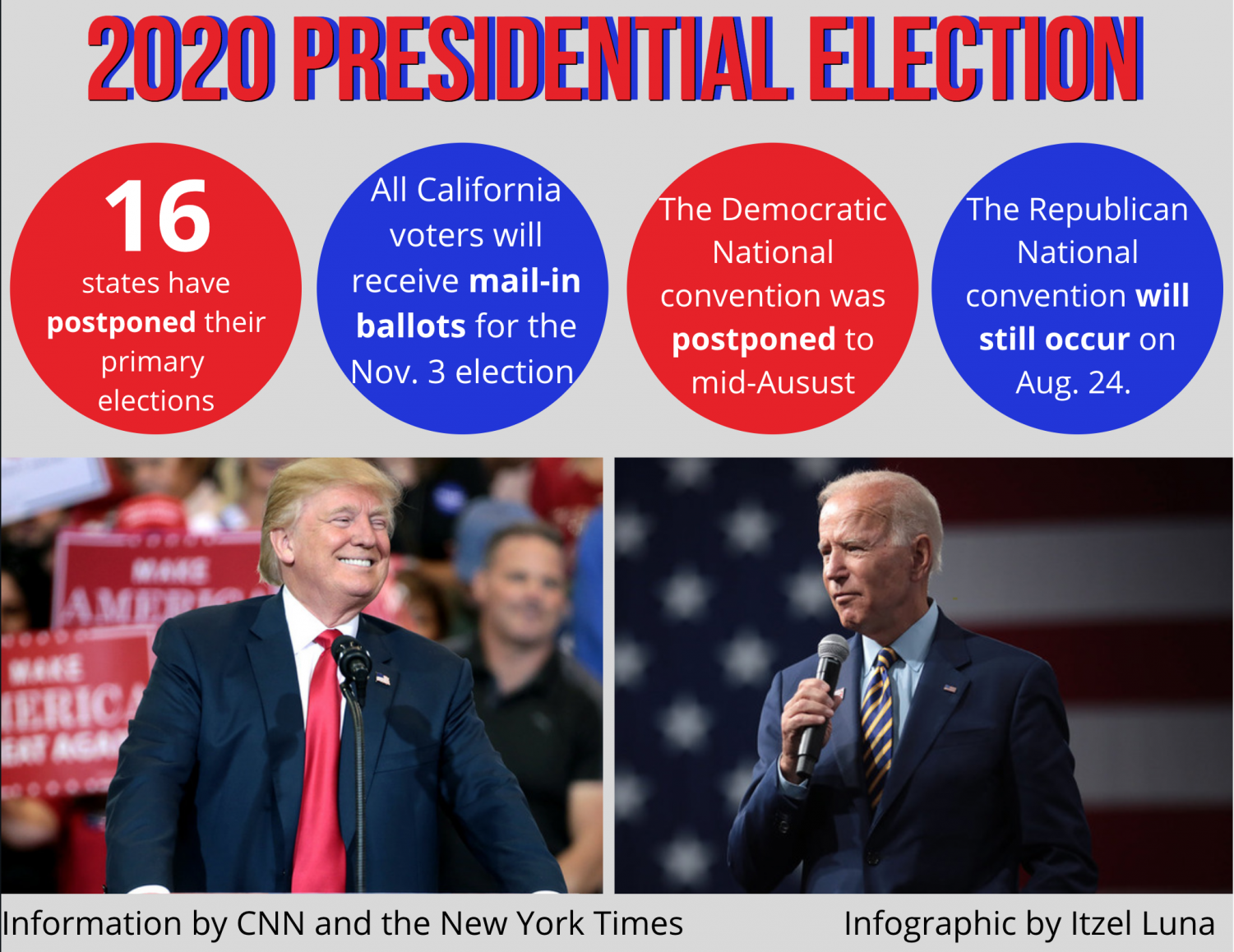
Traditional voting systems and possibly the integrity of the 2020 Presidential election have been harmed by the coronavirus pandemic.
With 16 states already postponing their primaries, election season has changed greatly because of the coronavirus. Because of their crowded nature, in-person voting and campaign rallies are no longer safe since social distancing must be maintained. While many Americans have already voted through mail-in ballots, many have yet to vote and planned on doing so in person.
California Governor Gavin Newsom announced on May 8 that all eligible California voters would receive mail-in ballots to conduct voting for the Nov. 3 election, making the state the first to commit fully to this form of voting.
Though mail-in ballots and forms of absentee voting became more common since the 2016 election and are the easier choice for many voters, especially now not being able to vote in person, many Republican lawmakers are against it. They believe that mail-in voting will not only hurt their party’s chance of winning but allow for more fraud, a concern President Donald Trump voiced in early April. They recommend that states resume with in-person voting.
“Mail ballots, they cheat. People cheat,” Trump said in a press conference earlier this month. “Mail ballots are a very dangerous thing for this country because they’re cheaters. They go and collect them. They’re fraudulent in many cases.”
Though the claims Trump presented in his statement were since debunked, many voters listening to the message are still hesitant to these forms of voting. Though many already had mixed feelings about the integrity of elections, these claims solidified them.
“How do we ensure that elections are not only conducted fairly but that people have confidence in them when recent public opinion polling shows up to 40 percent of the public is not convinced that elections are conducted fairly?” University of California, Irvine, professor Rick Hasen said in an interview with Politico.
Wisconsin’s recent primary on April 7 was an example of this, where voters bypassed a stay-at-home order and congregated in large numbers to vote. After primaries were held, 19 people contracted the virus, including at least one poll worker.
The trajectory of many presidential candidates and their campaign has also shifted into more healthcare based legislation in light of the coronavirus. While the candidate most focused on healthcare, Vermont Senator Bernie Sanders, dropped out of the race on April 8, Democratic candidate Joe Biden has started to focus more on this topic, especially with the coronavirus. His website and recent ads from his campaign detail his plan to recover from the virus.
“The uncomfortable truth is that this president left America exposed and vulnerable to this pandemic,” Biden said in an ad released by his campaign. “He ignored the warnings of health experts and intelligence agencies and put his trust in China’s leaders instead.”
Many have since criticized his response, calling out its racist and xenophobic nature. This has, in turn, deterred more progressive voters from voting for the former vice president.



